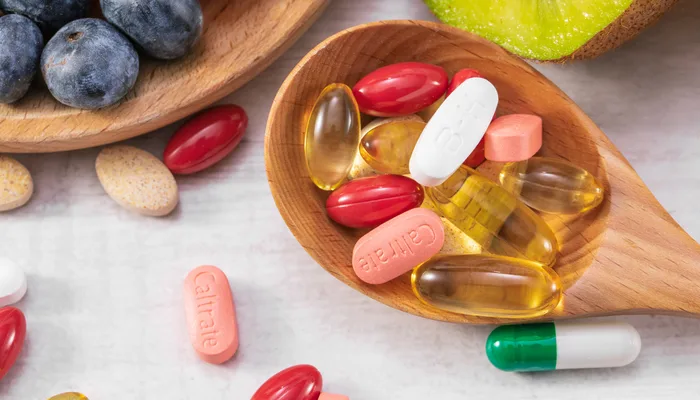
Millions of people take multivitamins every day. They believe these supplements boost their health, fill dietary gaps, and prevent illness. But research paints a different picture—one that’s far more nuanced.
Multivitamins are not harmful in most cases, but they might not be as essential as many believe.
What Science Really Says
The U.S. Preventive Services Task Force reviewed dozens of studies and concluded that multivitamins offer little or no benefit in preventing heart disease, cancer, or early death in healthy adults. Their 2022 recommendation clearly stated: “There is insufficient evidence to support routine multivitamin use for the prevention of major chronic diseases.”
Another long-term study, the Physicians’ Health Study II, followed over 14,000 male doctors for more than a decade. It found that multivitamins slightly reduced the risk of cancer by 8%, but had no effect on heart disease or mental health. While this sounds positive, researchers noted the effect was modest and not a reason for everyone to start taking pills.
When Multivitamins Are Needed
That said, multivitamins can be helpful for people with specific deficiencies or health needs. For example:
-
Pregnant women need folic acid to prevent birth defects.
-
Older adults may need extra vitamin D and B12.
-
People with restricted diets—like vegans—may benefit from supplements for nutrients like iron, calcium, or vitamin B12.
In these cases, multivitamins can be helpful under medical guidance.
The Problem With “Too Much”
Many assume that if a little is good, more must be better. But taking too many vitamins can cause harm.
For example:
-
Too much vitamin A can lead to liver damage and blurred vision.
-
High doses of vitamin E may increase the risk of stroke.
-
Excess iron can cause stomach issues and even organ damage.
According to the NIH, more is not better when it comes to vitamins. Overuse of multivitamins may even interfere with prescription medications or existing health conditions.
Focus on Food First
Experts agree: a balanced diet is the best source of nutrients. Real food contains not only vitamins and minerals, but also fiber, antioxidants, and other compounds that supplements simply can’t match.
Dr. JoAnn Manson, a professor at Harvard Medical School, said in an interview, “Supplements are not substitutes for a healthy diet. Eating a variety of vegetables, fruits, whole grains, and proteins gives your body what it needs.”
Final Verdict
If you’re healthy and eating well, you likely don’t need a daily multivitamin. Science shows that for most people, they don’t prevent disease or make you live longer. However, if you have a deficiency, special health needs, or a restricted diet, multivitamins might help—with proper guidance.
In short: Ask your doctor, not your Instagram feed.
Let food be your first medicine. And let multivitamins be a backup—not your foundation.
Follow us on Google News, Instagram, YouTube, Facebook,Whats App, and TikTok for latest updates
















